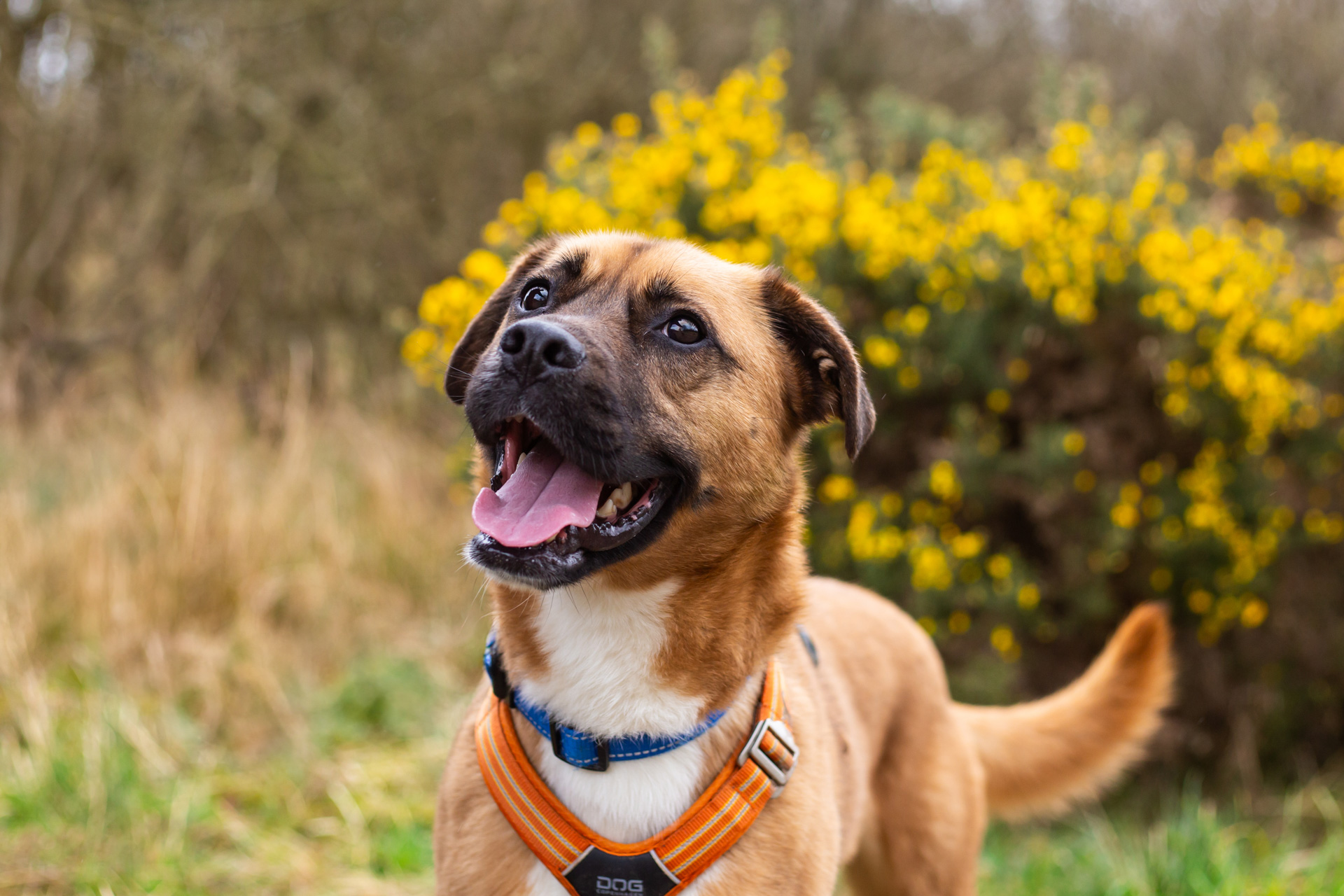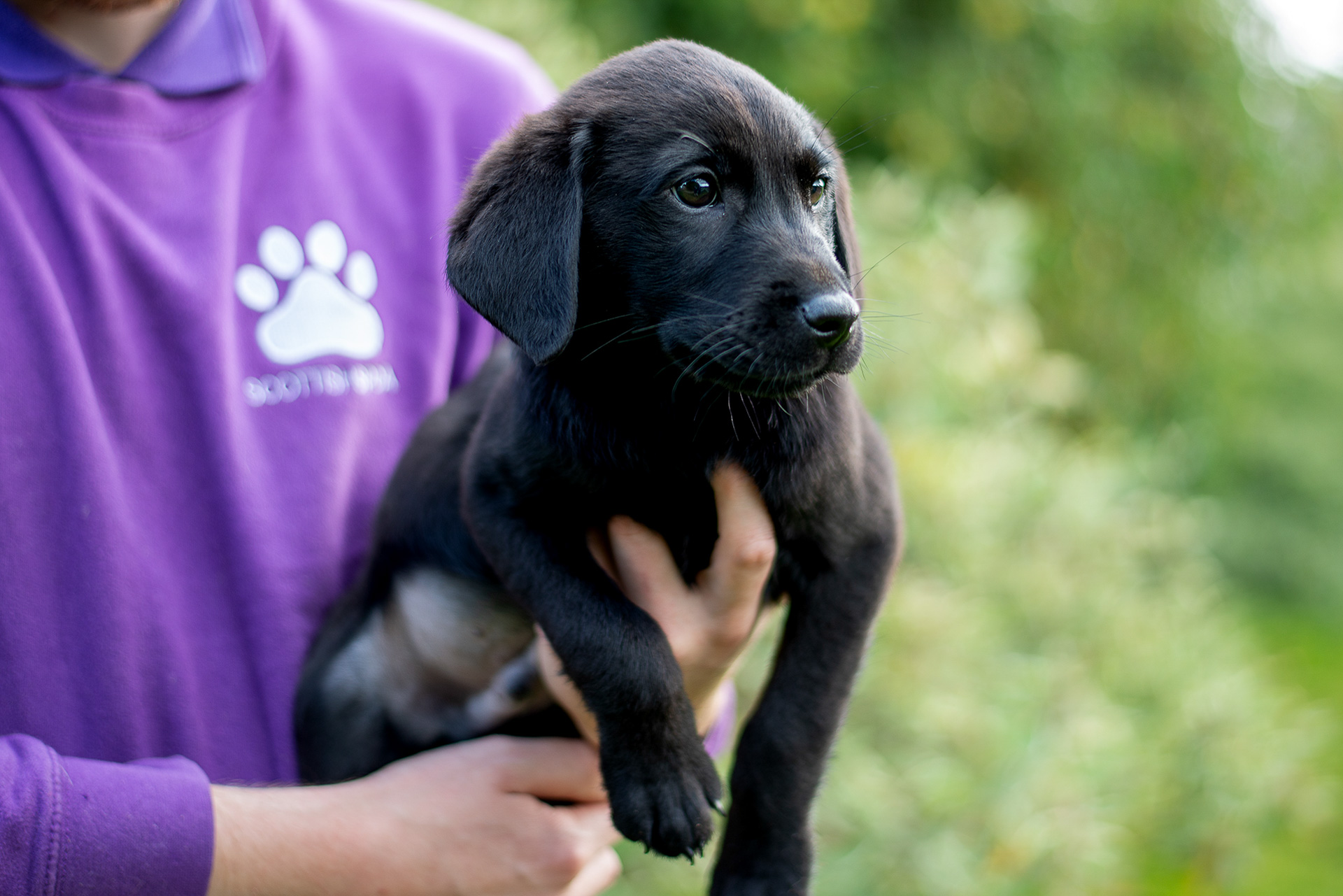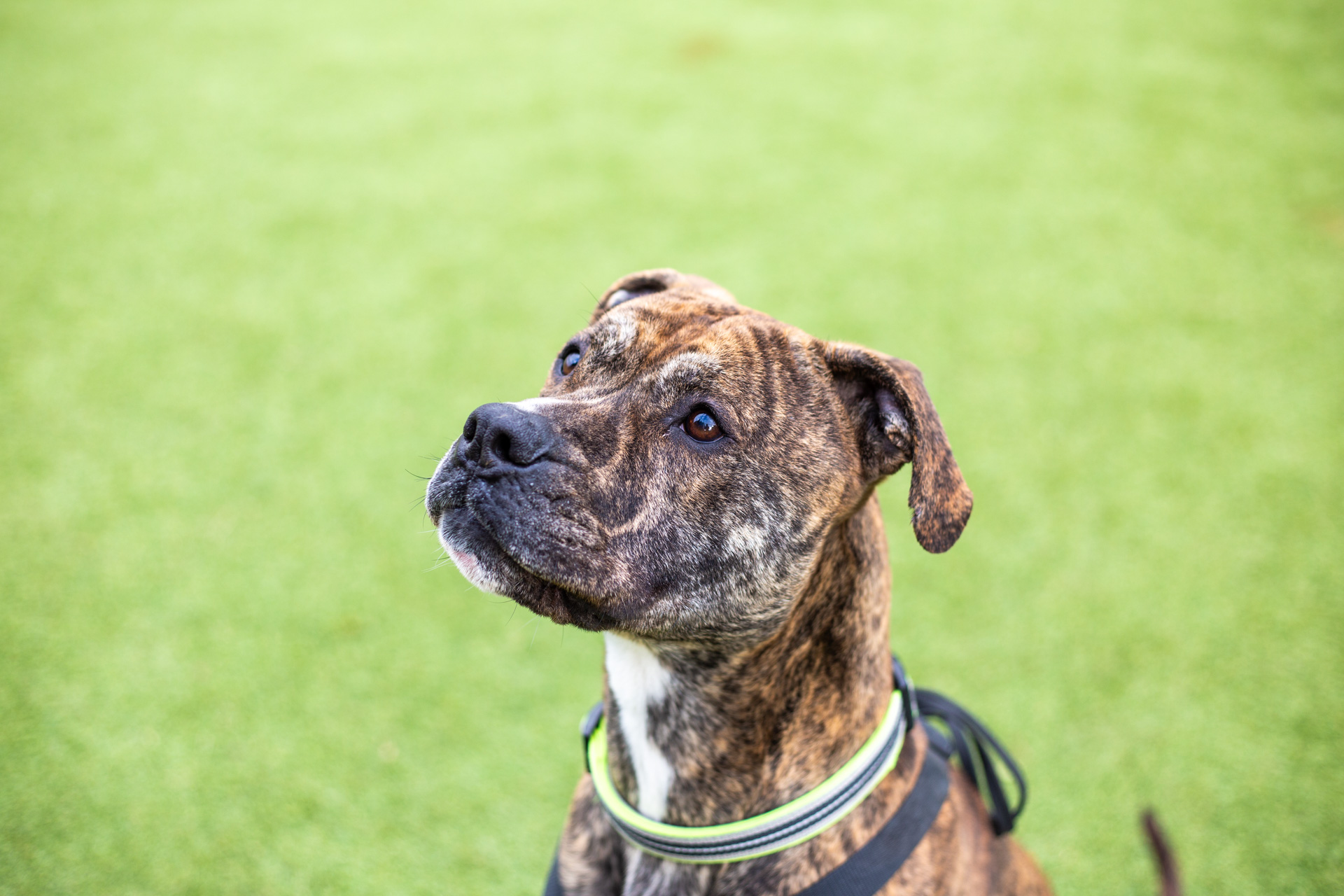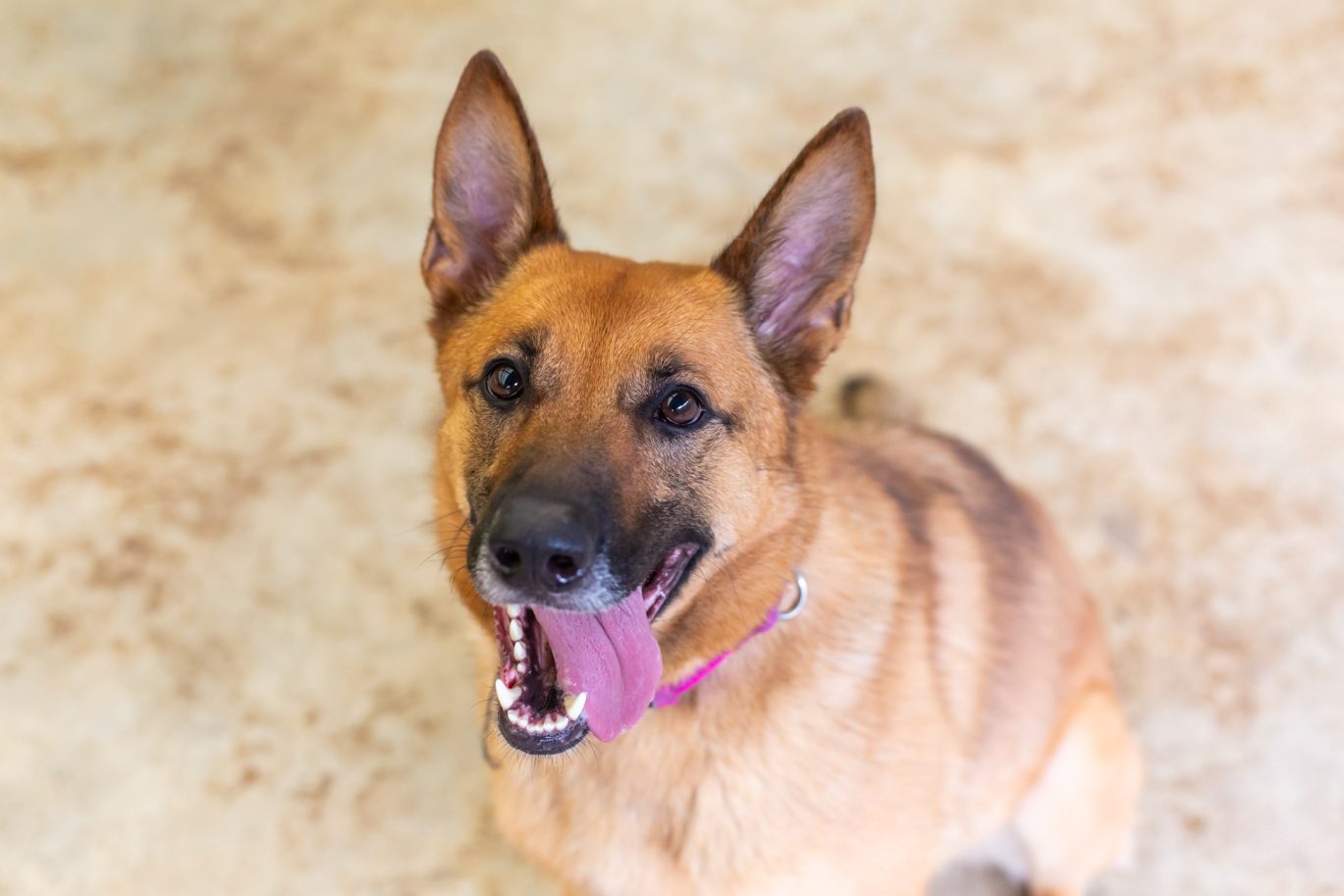
How Long Are Dogs in Season For?
Everything you need to know about your dog’s season and how to support them during this time.
Around twice a year, female dogs go into ‘season’, a period of time when they’re most fertile. This can be an unnerving time for your pup, especially if it’s their first experience of this. As their owner, it’s important to understand what a season entails and be aware of when your dog is going through this so you can give them all the care and attention they need.
Being ‘in season’
A female dog’s season, also known as being in ‘heat’, is the window in their reproductive cycle where they can get pregnant. They will often behave differently, bleed from their vulva and become more visibly interested in male dogs during this time.
Being in season isn’t painful but it can be uncomfortable for your pooch. They may seem unsettled and more distant than usual. Some people confuse their bleeding during this time as a dog’s equivalent to human menstruation; however, this is actually a sign that they’re at their most fertile.
Your pup’s first season
Most dogs have their first season around 6 months old, but this can vary between different breeds. Smaller dog breeds tend to have their first season earlier than their larger counterparts, with some dogs even experiencing it as late as 2.5 years old. While it’s possible for a dog to become pregnant before their first season, it’s not generally advisable as they wouldn’t be fully mature.

How long does a season last?
After their first season, your pooch will experience this every 6 – 7 months. The duration of a season is individual to every dog, but it should always be regular. If your dog’s seasons arrive irregularly, then speak to your vet in case there’s an underlying issue. As your dog gets older, they’ll have longer gaps between seasons, but they should still follow a regular pattern.
Your dog’s season will last anywhere between 2 – 4 weeks, but they won’t bleed for the full time. They will usually bleed for around 7 – 10 days of this period. The heaviness of the bleeding again depends on the dog. Bigger breeds can bleed more heavily but this varies depending on the dog. If you’re worried about the amount of blood loss that your dog is experiencing, then speak to your vet.
There’s no way to stop your dog bleeding during their season without spaying them. You can’t control their bleeding or how heavy it is, but you can use towels or doggy nappies to prevent the blood from staining your carpet and furniture. If using these nappies, then change them every 3 – 4 hours and ensure they’re leakproof and comfortable.
Symptoms of a season
During the course of their season, your dog will exhibit different symptoms and will need some extra love and support. It’s important to recognise the signs of their season so you can provide them with everything they need.
Usually, your pup will have a red, swollen vulva and will be licking their behind more than usual. They will also be bleeding or have watery red, yellow, or brown discharge. They may also be peeing more than usual and could have swollen nipples.
There are a number of behavioural changes your dog may exhibit during this period, such as:
- Seeming overly friendly, or uncharacteristically friendly, with other dogs
- Mounting and humping other dogs and objects
- Standing up or moving their tail to one side when touched
- Restlessness
- Decreased appetite
- Seeming anxious and unsettled
- Nesting
- A change in social behaviour
- Unusual resting behaviour – such as a change in sleeping habits
- Roaming further than usual when outdoors
- A change in cleaning and grooming habits
- More aggressive or affectionate than usual
- Noticeable attention from male dogs
If you find white discharge coming from your dog, it could be a sign of an infection (such as pyometra – a life-threatening uterine infection) and should be checked out by a vet. If your dog experiences any other worrying symptoms, or seem like they’re in pain during this time, then you should also consult your vet.
Looking after dogs during their season
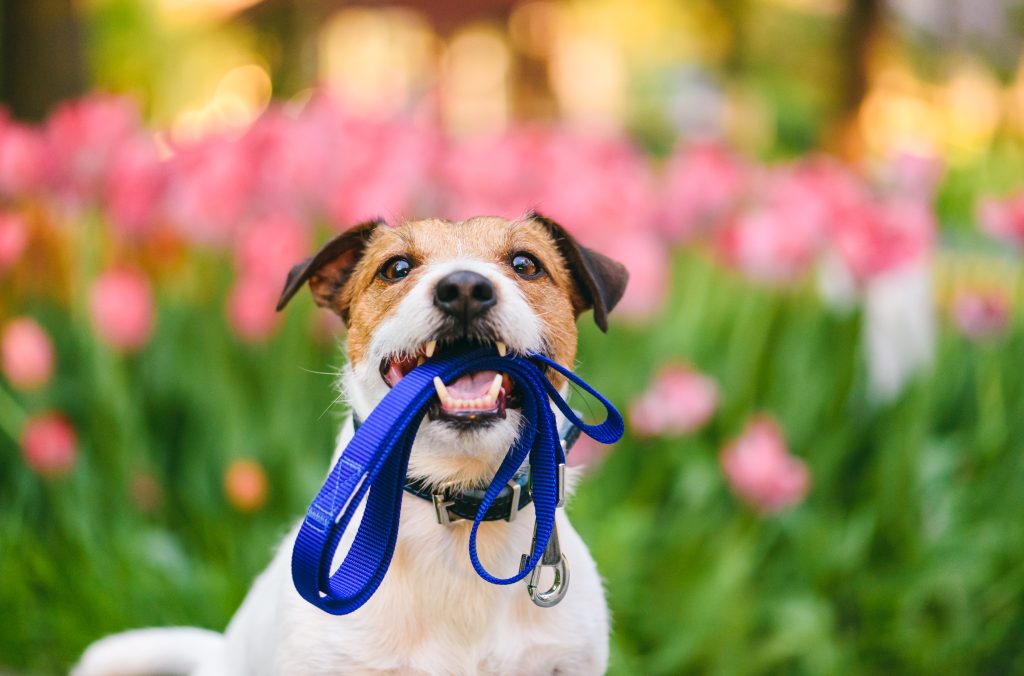
At our Centres we care for dogs that are in season and beyond.
Please consider giving a one-off donation today to help us care for vulnerable dogs when they need us most.
How to tell when their season is over
As mentioned, a season usually lasts between 2 – 4 weeks but it can be difficult to pinpoint exactly when it finishes. If you don’t want your pet to become pregnant, keep her on a lead for a week after the bleeding stops as she will still be fertile for a short period after this.
Female dogs never stop having seasons and can become pregnant at any point during their life. Their cycle may occur less often, or the duration between seasons may become longer as they age, but they never stop having them completely. If you notice a significant break in their seasons, then book in for an examination with your vet as this could be a sign of an underlying health condition or metabolic disease.
Although female dogs can get pregnant as seniors, it’s not always recommended. Litters from senior dogs are usually smaller and there’s more chance of puppy fatality. Labour may also be more difficult for them. Female dogs over 8 years old are more at risk of developing pyometra.

Looking after your pooch during their season
Going into season can be an unnerving time for both you and your pet. They may not understand what’s going on with their body which can cause stress and anxiety. As their loving owner, it’s important to do everything you can during this time to make them feel safe and comfortable.
Following the steps outlined below can help reduce their anxiety and help them feel supported during this time:
- Give them some love and affection if they’re seeking it but leave them be if they seem distant
- Let them rest as much as they need to
- Keep them on the lead when out on walks and away from unneutered males if you want to prevent pregnancy
- Stick to their normal routine – sudden changes in their daily life can cause even more anxiety
- If you’re restricting certain areas due to the blood loss, introduce this before their season begins to limit distress and confusion
- Keep an eye on their behaviour during this time to better prepare yourself for their next season
Your dog won’t be feeling like themselves during their season so it’s important you do things to keep them happy and distracted. You can do this by playing games with them and using treat-filled toys to keep them entertained in the house. Although your pet may be extra excitable on walks, still make the effort to take them out regularly to keep them healthy and reduce stress.
Your dog will be very attracted to males during this time and will be determined to mate. To avoid unwanted pregnancy, you should supervise them at all times during their season. Male dogs can sense when females are in season as female dogs emit pheromones through their urine and discharge – so avoid leaving your dog alone in the garden during this time and keep her separate from unneutered males.
Spaying your pet
In order to get pregnant, your dog must be in season but sometimes this isn’t obvious. If they’re excessively grooming, you may not notice any blood, so it’s important to note down the time they are usually in season.
The other option for avoiding pregnancy completely is spaying – a procedure in which their reproductive organs are removed. Spaying your dog will stop her seasons completely and irreversibly, meaning she can no longer become pregnant. Usually, your dog doesn’t need to have her first season before she’s spayed but as each dog is different, it’s a good idea to consult your vet about the right timing for your pup.
Vets usually avoid spaying female dogs whilst they’re in season due to a higher risk of bleeding during the surgery. They will spay your pup between seasons, at least 3 months after this period has ended.
If this advice helped you, your donation today could help support dogs in our care
We hope this advice gives you the information you need to care for your dog when she’s in season.
Please consider giving a one-off donation today to support dogs in our care.
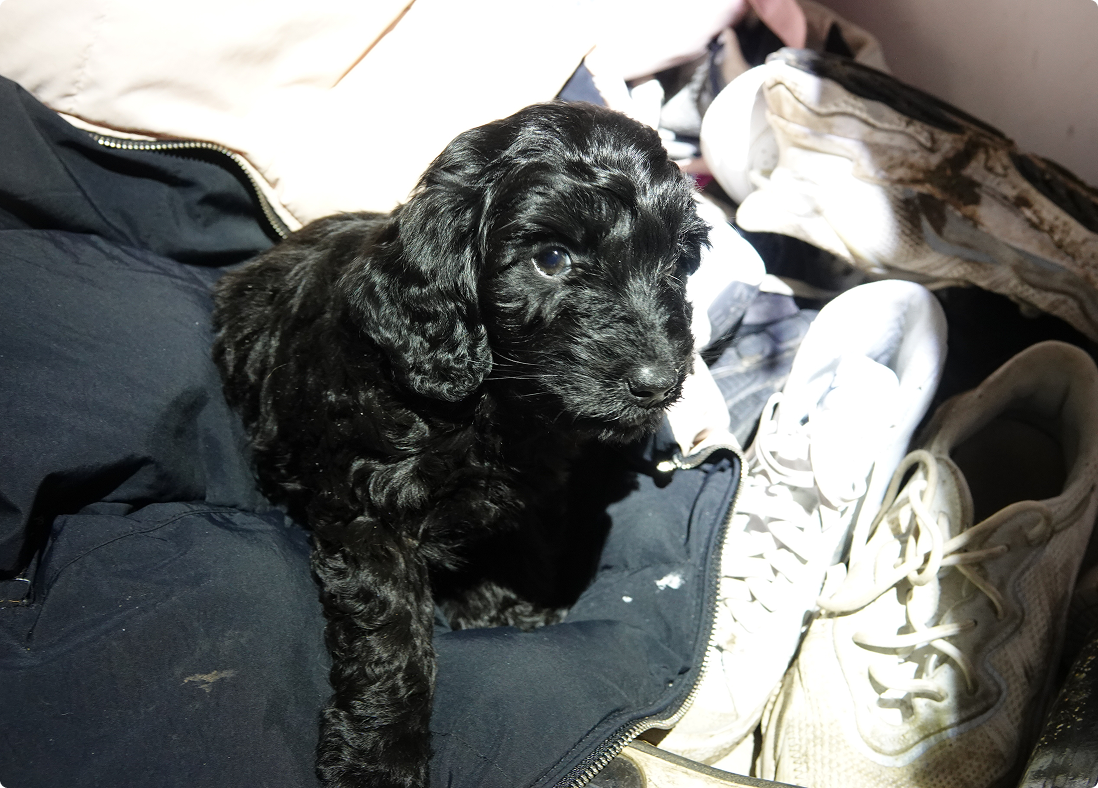
Puppies across Scotland need your help
Please consider giving a monthly donation today. Give Scotland’s animals the gift of safety this winter and beyond. The criminals involved in the low-welfare puppy trade never stop. And with your help, neither will we. Every £1 matters to puppies like Winnie.
